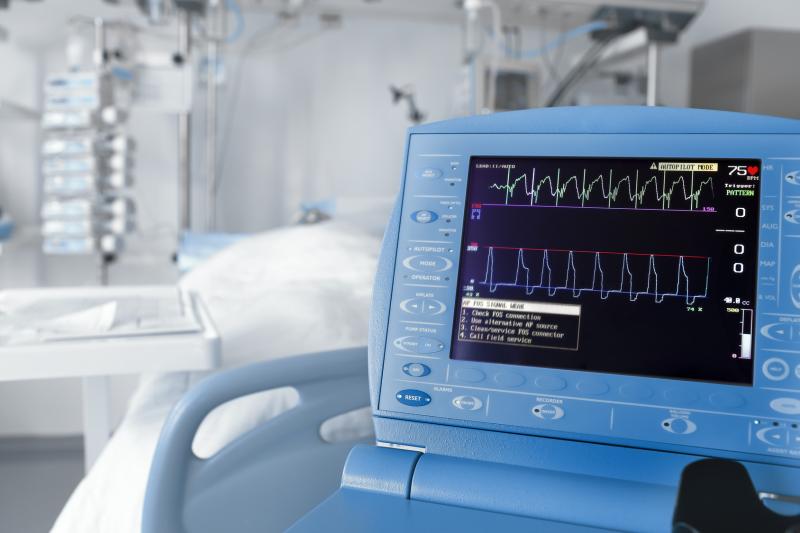 Electrocardiograms (ECG) still remains to be the gold standard in detecting heart diseases – one of the hurdles that the Apple Watch will have to overcome
Electrocardiograms (ECG) still remains to be the gold standard in detecting heart diseases – one of the hurdles that the Apple Watch will have to overcomeIn middle-aged adults, resting painless ST-segment depression (STD) appears to correlate with sudden cardiac death (SCD), a recent study has found.
Researchers enrolled 14,935 middle-aged adults (45.36 percent male) who had no prior history of coronary heart disease. STD was assessed using 12-lead electrocardiograms, and SCD was defined as unexpected arrest of cardiac origin, occurring within 24 hours of any symptoms.
Over a mean follow-up of 20.4±5.5 years, a total of 626 SCD events occurred, with a corresponding incidence rate of 1.1 per 1,000 person-years. Those with STD ≥0.05 mV at rest were significantly more likely to develop this outcome (adjusted hazard ratio [HR], 1.45, 95 percent confidence interval [CI], 1.20–1.76).
This effect was even stronger for those with painless STD ≥0.1 mV at rest (adjusted HR, 1.90, 95 percent CI, 1.25–2.88).
Notably, cumulative hazard curves showed increasing divergence over time. At study end, the absolute annual rate of SCD was 154.2 cases per 100,000 person-years in those with STD, substantially lower than the rate of 2,221.9 cases per 100,000 person-years in those with the condition. This represented an absolute jump in risk of 2,067.7 cases per 100,000 person-years.
Moreover, comorbidities seemed to influence the ties between STD and SCD. For instance, the correlation was only significant in those with hypertension (adjusted HR, 1.53, 95 percent CI, 1.13–2.07) but not in those without (adjusted HR, 1.21, 95 percent CI, 0.94–2.07). The association was also stronger in those without vs with diabetes mellitus (adjusted HR, 1.67 vs 1.03; pinteraction=0.005).